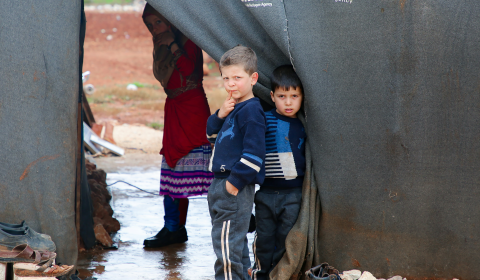New research from the National Trust examining the repercussions for 16 to 25 year-olds of being cooped up inside during the pandemic has uncovered both negative side effects and several examples of how this period of isolation impacted young people in a positive way.
In the aftermath of COVID-19, those of us still scrambling to pick up the pieces and make sense of it all have found ourselves hard-pressed to identify how exactly we’ve been affected.
This particularly pertains to Gen Zers, who have been battling with heightened loneliness and a pandemic-induced mental health crisis since 2020, when the world as we knew it changed almost overnight.
During the series of government mandated lockdowns four years ago (yes, four), apprehension became commonplace, a way to protect ourselves from the overwhelming state of things and the inevitability that whatever we were looking forward to could suddenly disappear without warning.
For young people – also confronted with numerous armed conflicts, climate change, and the cost-of-living crisis – this meant switching off, spending more time indoors, and foregoing the prospect of getting a job.
The latter, of course, isn’t all that surprising given that Gen Z most certainly drew the short straw in isolation, missing out on vital schooling, university, and training, and have additionally witnessed first-hand the gradual decline of average income and labour conditions across the globe.
‘They effectively had 12 months of their youth taken from them,’ says intergenerational expert, Dr Eliza Filby. ‘They had their education, entry into the workplace, and social formations disrupted.’
It wasn’t until recently, however, that research examining the repercussions for 16 to 25 year-olds of having to work, learn, and socialise from home for month-long stints surfaced.




















